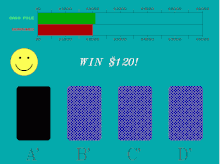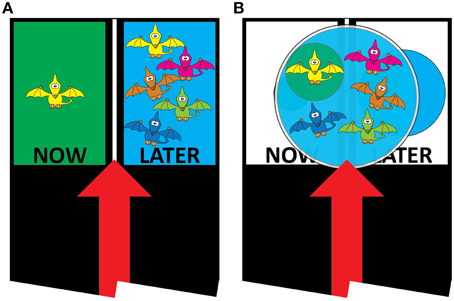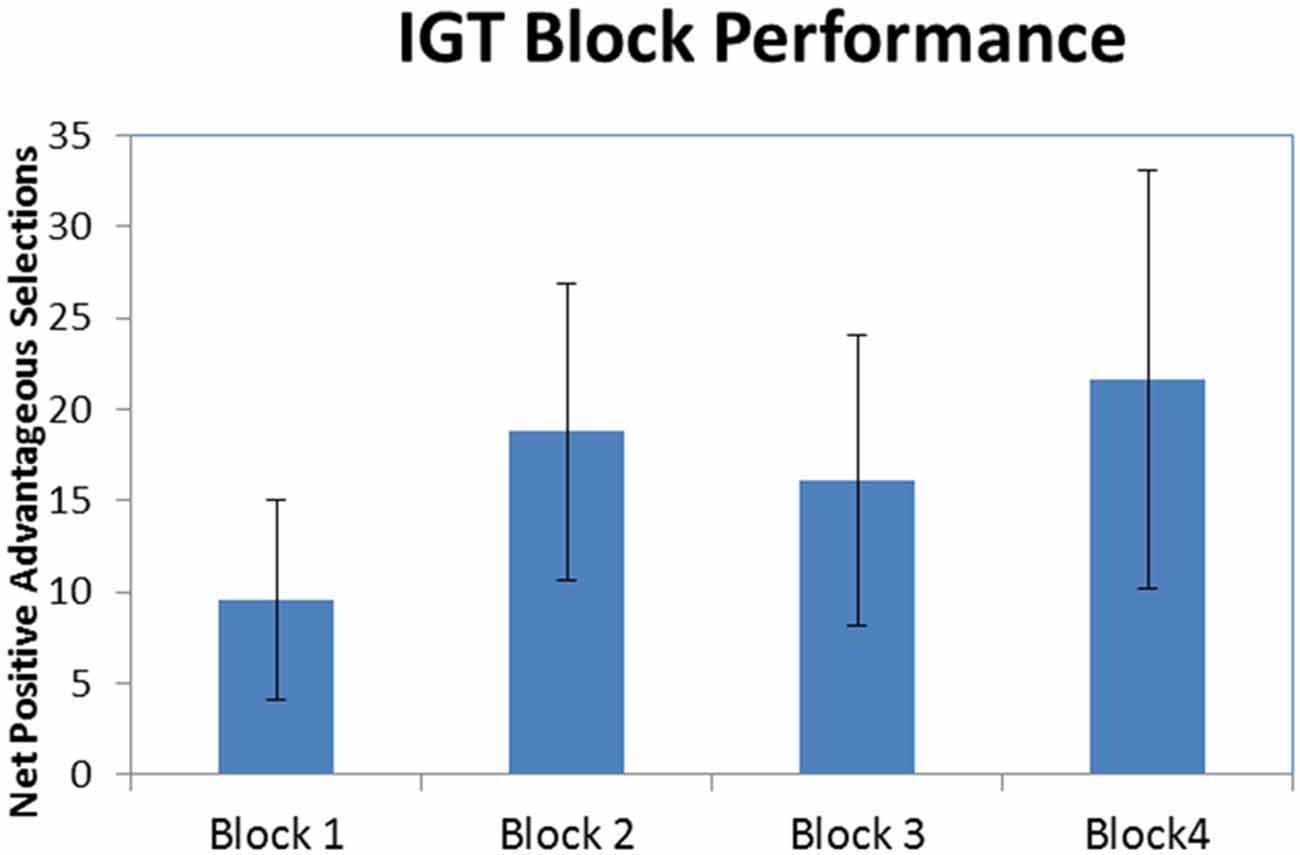Bechara Iowa Gambling Task

- Iowa Gambling Task Bechara Et Al 1994
- Iowa Gambling Task Bechara
- Bechara 1994 Iowa Gambling Task
- Bechara Iowa Gambling Task Force
Interest in the cognitive and/or emotional basis of complex decision-making, and the related phenomenon of emotion-based learning, has been heavily influenced by the Iowa Gambling Task. A number of psychological variables have been investigated as potentially important in understanding emotion-based learning. The Iowa Gambling Task and the somatic marker hypothesis: some questions and answers. Iowa Gambling Task Professional Manual. Lutz, FL: Psychological Assessment Resources, Inc. Has been cited by the following article: TITLE: Call for an Integrative and Multi-Disciplinary Approach to Traumatic Brain Injury (TBI) AUTHORS: Alfred Mansour, Renee Lajiness-O’Neill.
Contents |
[edit]About
In this test, subject chooses from one of four decks, each having a different reward schedule. This task is based on Bechara et al's so-called 'Iowa Gambling task'

In this procedure, subjects are given $2000 to begin. On each trial, they are given the choice of four decks,and after each card, they are given a reward of some amount; after some cards, they are givena reward and pay a penalty.
[edit]Notes
Iowa Gambling Task Bechara Et Al 1994
The penalty/reward structure is identical to that in Bechara et al.with 40 cards per deck, and the identical reward structure.When 100 cards have been selected, the task is complete.
Unlike the real-world version, the deck is just rotated on each draw, so that the top card moves to the bottom of the 40-card deck,and so the sequence will repeat after 40 cards in the original order, rather than becoming exhausted after 40 draws.
[edit]Options
- By default, the penalty cards are in the order originally published by Bechara et al. Setting shuffleDecks <- 1 (from 0) will shuffle the penalty decks
before the experiment. Shuffling is performed in 10-card epochs, so that the penalty in 1-10 stay in 1-10, etc.
- Baseline rewards for each deck can be changed as well, using the deck1Rew, deck2Rew, deck3Rew, and deck4Rew variables.
- The variable gUseMouse controls whether interaction is done using the mouse or keyboard input. Set to 0 for keyboard, 1 for mouse. It is 1 by default.
- The variable numtrials controls how many trials are used. Cards in decks get rotated from top to bottom, so there is no great danger of running out of cards.
Iowa Gambling Task Bechara
[edit]Data Output
Data are saved to igt-X.txt, where X is the participant code. The columns are:
Bechara 1994 Iowa Gambling Task
Each row is a trial. You are probably most interested in the proportion that each deck is chosen, which is the third column.
[edit]References

Bechara A, Damasio A. R., Damasio H, & Anderson S. W. (1994). Insensitivity to future consequences following damage to human prefrontal cortex. Cognition.
Bechara Iowa Gambling Task Force
[edit]Research Using Test


- Kaare, P. R. (2008). Correlates of pathological gambling in Estonia: Personality, emotional states, self-esteem, cognitive ability and decision-making strategies. University of Tartu Master Thesis.
- Kaare, P. R., Mõttus, R., & Konstabel, K. (2009). Pathological Gambling in Estonia: Relationships with Personality, Self-Esteem, Emotional States and Cognitive Ability. Journal of Gambling Studies, 25(3), 377-390.
- Lipnicki, D. M., Gunga, H. C., Belavy, D. L., & Felsenberg, D. (2009). Bed Rest and Cognition: Effects on Executive Functioning and Reaction Time. Aviation, space, and environmental medicine, 80(12), 1018-1024. http://www.ncbi.nlm.nih.gov/pubmed/20027848
- Lipnicki, D. M., Gunga, H., Belavy, D. L., & Felsenberg, D. (2009). Decision making after 50 days of simulated weightlessness. Brain Research, 1280, 84-89. doi:10.1016/j.brainres.2009.05.022 http://www.ncbi.nlm.nih.gov/pubmed/19447099
[edit]See Also
The Iowa gambling task (IGT) is a psychological task thought to simulate real-life decision making.It was introduced by Antoine Bechara, Antonio Damasio, Hanna Damasio and Steven Anderson,[1] then researchers at the University of Iowa. It has been brought to popular attention by Antonio Damasio (proponent of the somatic marker hypothesis) in his best-selling book Descartes' Error.[2]
The task was originally presented simply as the Gambling Task, or the 'OGT'. Later, it has been referred to as the Iowa gambling task and, less frequently, as Bechara's Gambling Task.[3] The Iowa gambling task is widely used in research of cognition and emotion. A recent review listed more than 400 papers that made use of this paradigm.[4]